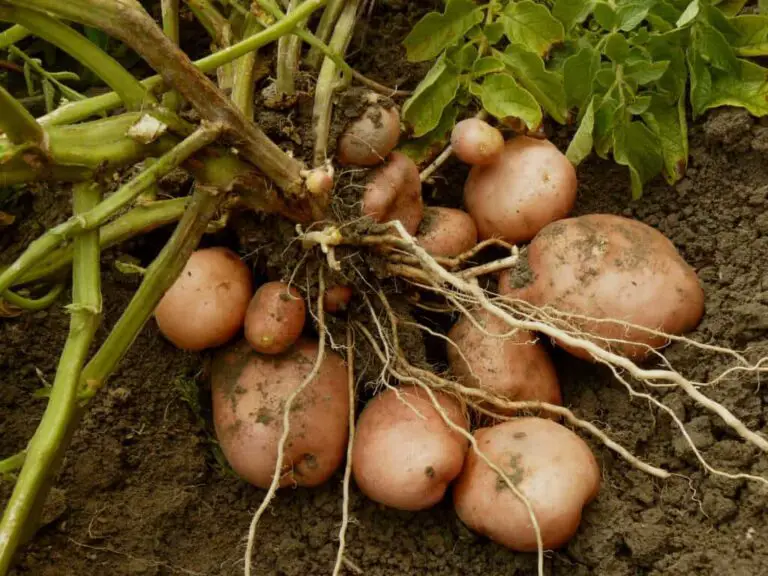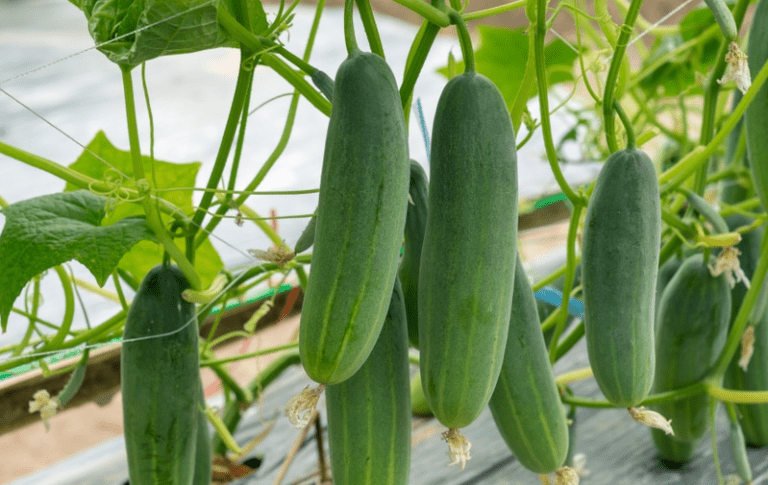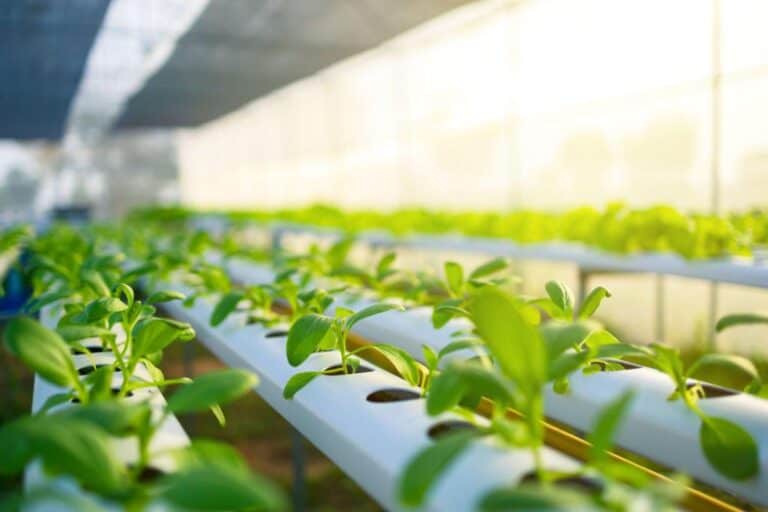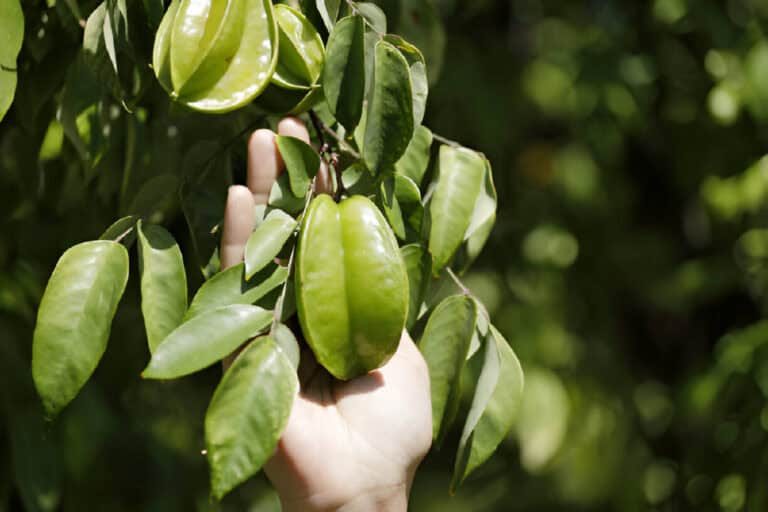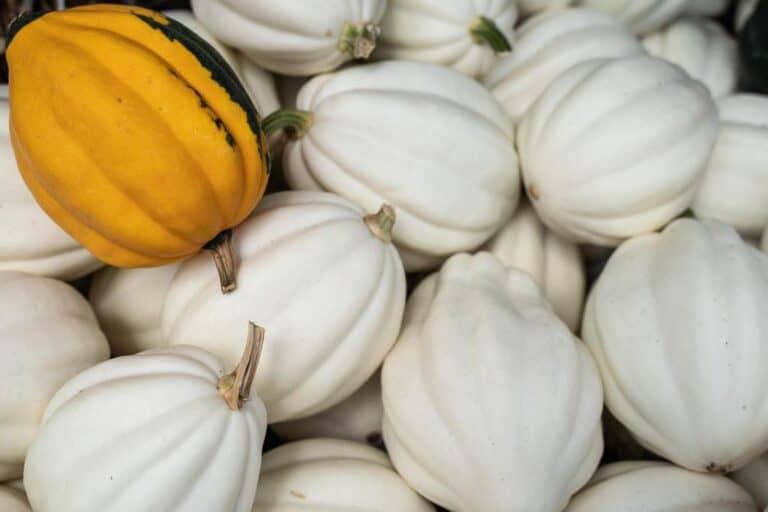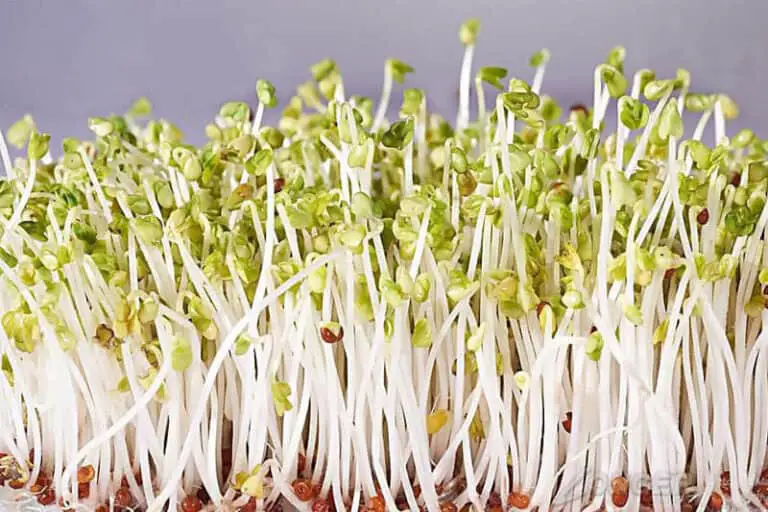What Happens If You Eat Bad Brussels Sprouts? Sprouts Food Poisoning Symptoms
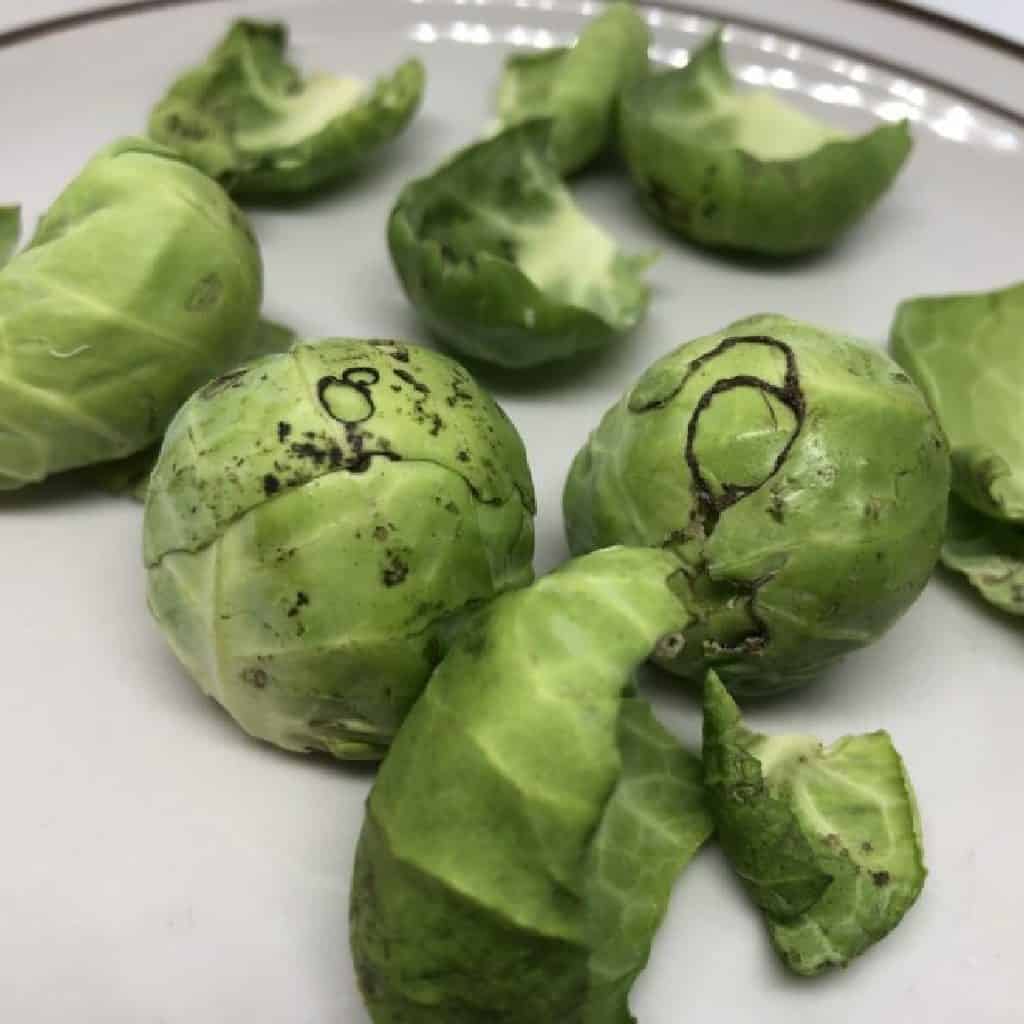
Brussels sprouts are a type of cruciferous vegetable that are rich in nutrients. They’re versatile, easy to cook, and packed with essential nutrients that can help keep you healthy. They are often praised for their health benefits and are commonly used in various dishes, such as salads, soups, and stir-fries.
However, like all fresh produce, Brussels sprouts have a limited shelf life, and if they’re not stored or cooked properly, they can quickly spoil and become a breeding ground for harmful bacteria. So, what happens if you eat bad Brussels sprouts? Can they cause food poisoning?
In this article, we will explore the signs and symptoms of bad Brussels sprouts, the health risks associated with eating them, and how to prevent the consumption of spoiled Brussels sprouts.
Signs and Symptoms of Bad Brussels Sprouts
Before we delve into the effects of consuming bad Brussels sprouts, it is essential to know how to identify them. The signs of bad Brussels sprouts include:
- Foul smell: If the sprouts smell sour, rancid, or like sulfur, they have gone bad.
- Slimy texture: If the sprouts feel slimy to the touch or have a layer of slime on them, they are no longer safe to eat. A slimy appearance probabably is caused by bacterial growth
- Discoloration: Fresh Brussels sprouts are usually bright green and firm to the touch. If the brussel sprouts are brown inside, yellow, or have black spots on it, they have gone bad.
- Soft and Mushy: If they feel soft and mushy, it is a clear indication that they are no longer safe to eat.
- Mold Apperance: If the sprouts have visible mold on them, they are not safe to consume. Consuming moldy or fungus-infected Brussels sprouts can be dangerous and can cause serious health problems.
What Happens if You Eat Bad Brussels Sprouts?
Consuming bad Brussels sprouts can lead to several health problems. These include:
1. Gastrointestinal Problems
Eating bad Brussels sprouts can cause gastrointestinal problems such as bloating, stomach pain, nausea, and diarrhea. These symptoms occur because bad Brussels sprouts can contain harmful bacteria such as Escherichia coli and Salmonella. These bacteria can cause food poisoning, which can lead to severe health problems.
2. Allergic Reactions
Consuming bad Brussels sprouts can also lead to allergic reactions. These reactions occur because of a toxic compound called sinigrin, which is present in Brussels sprouts. When Brussels sprouts go bad, sinigrin breaks down into allyl isothiocyanate, which can cause allergic reactions such as itching, hives, and difficulty breathing.
3. Vitamin Deficiencies
Brussels sprouts are a rich source of vitamins such as vitamin C, vitamin K, and vitamin B6. However, when Brussels sprouts go bad, they lose their nutritional value, and consuming them can lead to vitamin deficiencies. Vitamin deficiencies can lead to several health problems such as fatigue, weakness, and anemia.
4. Fungal Infections
If the bad Brussels sprouts have mold on them, consuming them can lead to fungal infections. Fungal infections can cause health problems such as respiratory problems, skin rashes, and allergic reactions.
Treatment for Food Poisoning Caused by Bad Brussels Sprouts
If you have consumed spoiled Brussels sprouts and are experiencing symptoms of food poisoning, it is important to seek medical attention immediately. Depending on the severity of your symptoms, your doctor may recommend one or more of the following treatments:
- Fluids: Consuming plenty of fluids, such as water, sports drinks, or broth, can help prevent dehydration caused by vomiting and diarrhea.
- Medication: Over-the-counter medications such as anti-nausea drugs, anti-diarrheal medications, and pain relievers can help alleviate symptoms of food poisoning.
- Hospitalization: In severe cases of food poisoning, hospitalization may be necessary to prevent complications such as dehydration, kidney failure, and sepsis.
It is important to remember that prevention is the best cure when it comes to food poisoning caused by bad Brussels sprouts. By following proper food storage and cooking techniques, you can reduce the risk of consuming spoiled vegetables and protect your health.
Is Food Poisoning From Sprouts Common?
Food poisoning from sprouts is a relatively common occurrence that can lead to severe symptoms and health complications. Sprouts, which are commonly used in salads and sandwiches, have been identified as one of the primary culprits behind food poisoning outbreaks.
In particular, raw alfalfa and bean sprouts have been identified by the Centers for Disease Control and Prevention (CDC) as some of the foods most likely to cause food poisoning.
One of the main reasons why sprouts are vulnerable to contamination is because they are grown in warm and humid conditions, which are also ideal for the growth of harmful bacteria.
Sprouts are also often consumed raw or lightly cooked, which means that any bacteria that may be present on the sprouts are not eliminated through cooking. As a result, sprouts have been implicated in numerous outbreaks of food poisoning caused by bacteria such as Salmonella and E. coli.
The risk of food poisoning from sprouts is particularly high for vulnerable populations, including the elderly, pregnant women, and individuals with weakened immune systems. These individuals may experience more severe symptoms and are at a higher risk of developing complications from sprout-related food poisoning.
Symptoms of sprout-related food poisoning can include diarrhea, vomiting, stomach cramps, and fever. In severe cases, the infection can lead to dehydration and require hospitalization.
How to Avoid Eating Bad Brussels Sprouts
Now that we know the negative consequences of consuming bad Brussels sprouts, it is essential to know how to avoid them. Here are some tips to help you avoid eating bad Brussels sprouts:
1. Check the Expiration Date
When purchasing Brussels sprouts, it is crucial to check the expiration date. Make sure that you buy Brussels sprouts that have a later expiration date, so you have enough time to consume them.
2. Store Properly
To ensure that Brussels sprouts stay fresh for longer, store them in the refrigerator. Place them in a plastic bag or airtight container and store them in the vegetable drawer. Make sure that the sprouts are dry before storing them. Avoid washing your Brussels sprouts until just before you are ready to cook them, as excess moisture can lead to spoilage.
3. Cook Thoroughly
When cooking Brussels sprouts, make sure that you cook them thoroughly. This helps to kill any harmful bacteria that may be present. Do not eat Brussels sprouts that are undercooked or raw, as they can cause health problems.
4. Discard Bad Brussels Sprouts
If you notice that your Brussels sprouts have gone bad, discard them immediately. Do not attempt to salvage them by cutting off the bad parts, as this can lead to cross-contamination and the spread of harmful bacteria.
Conclusion
Brussels sprouts are a delicious and nutritious vegetable that can provide a wide range of health benefits when consumed fresh and properly cooked. However, if they are not stored or cooked properly, they can become contaminated with harmful bacteria and cause food poisoning.
To prevent the consumption of bad Brussels sprouts, it is essential to be aware of the signs and symptoms of spoilage, and to follow proper storage and cooking techniques. By doing so, you can reduce the risk of food poisoning and protect your health. If you experience symptoms of food poisoning after consuming Brussels sprouts, seek medical attention immediately to ensure proper treatment and prevent complications.

